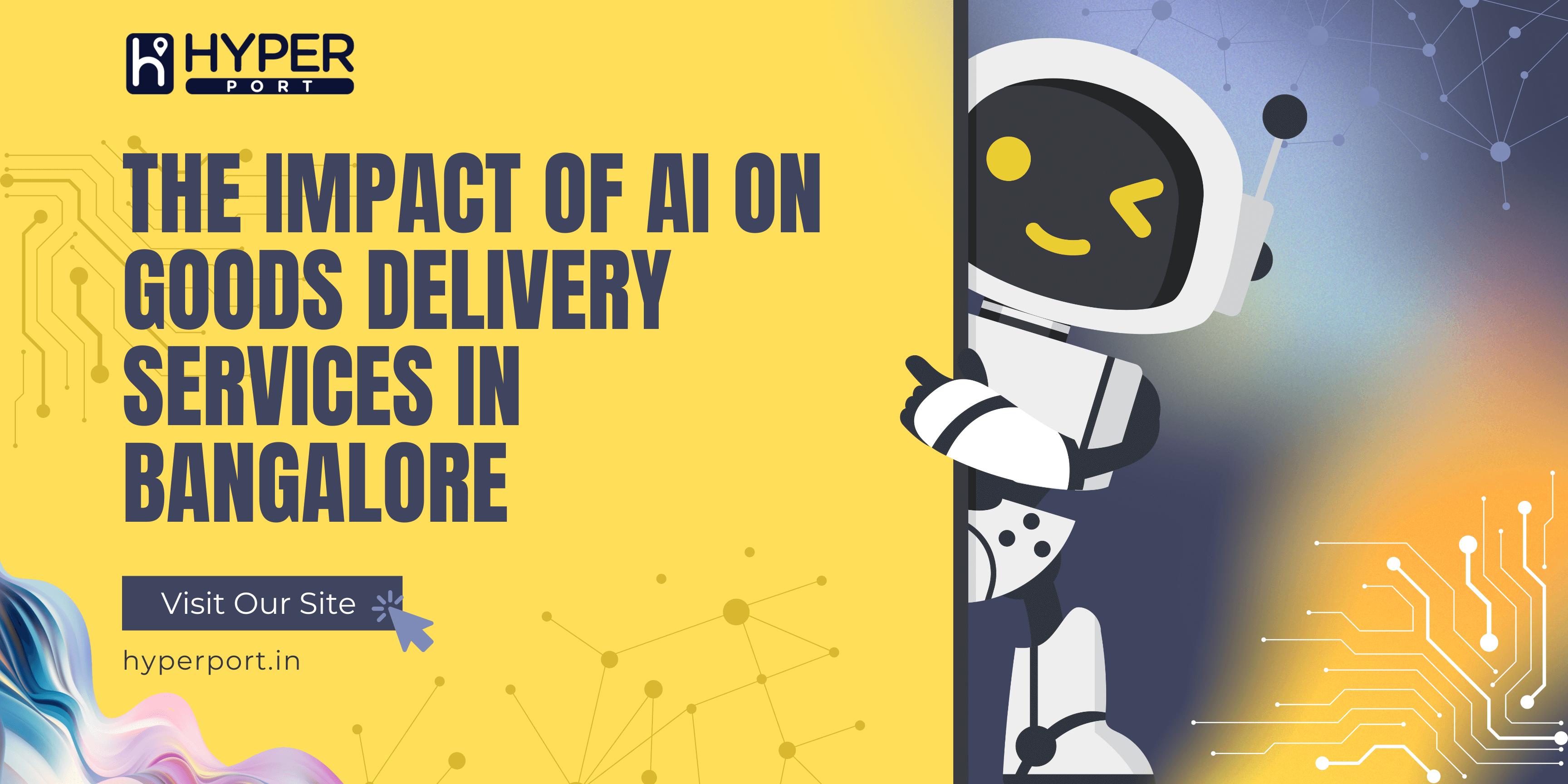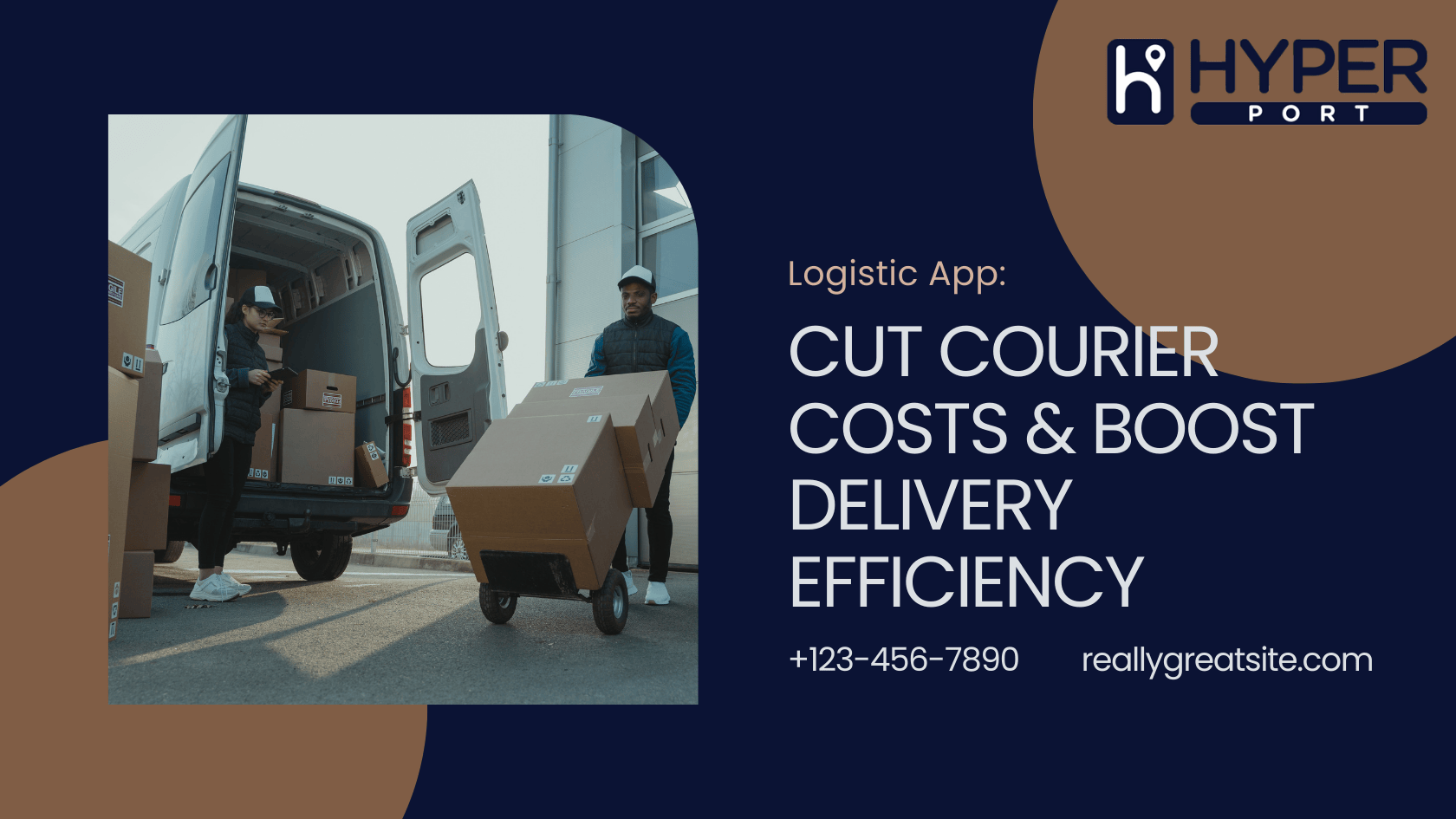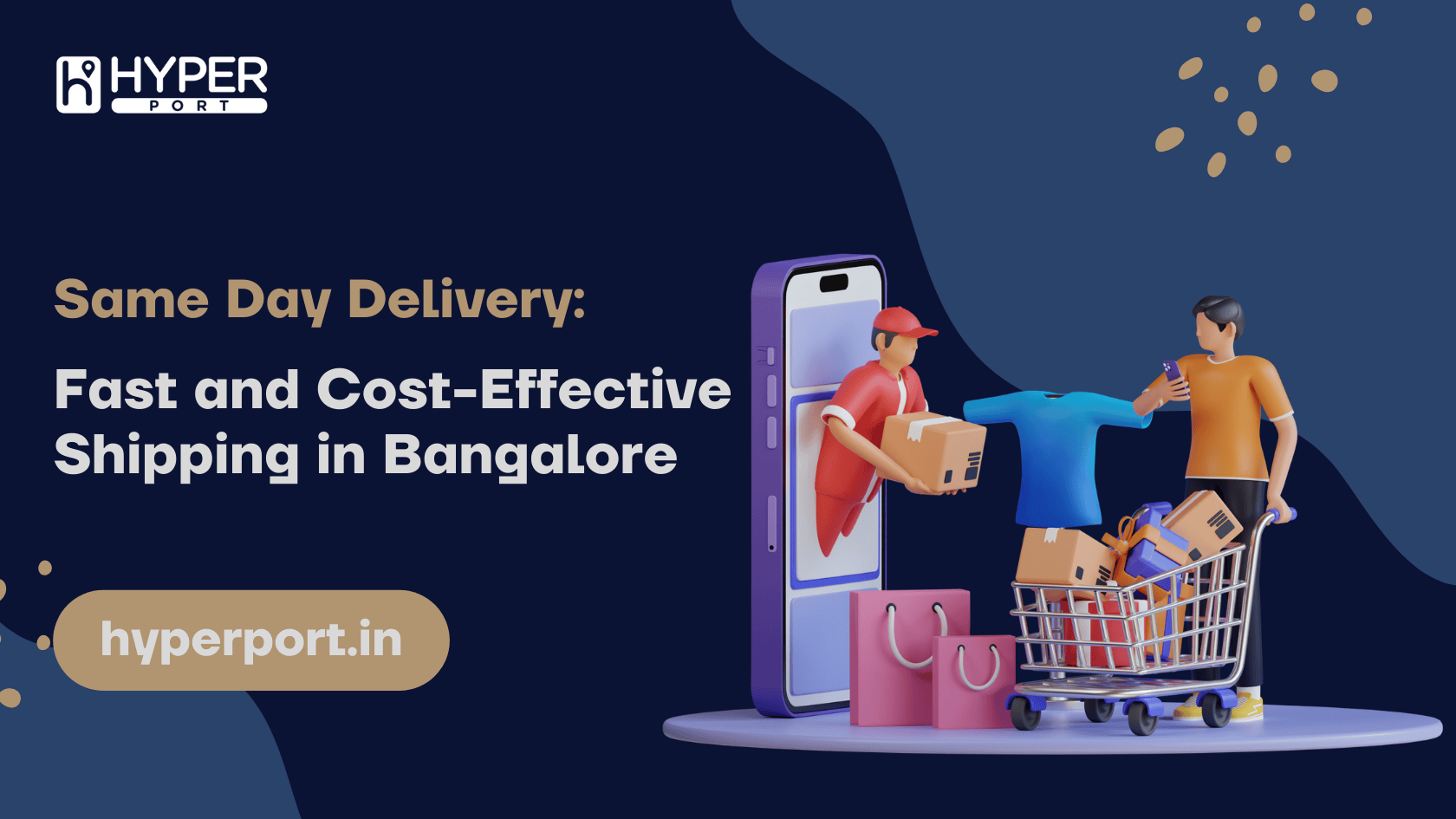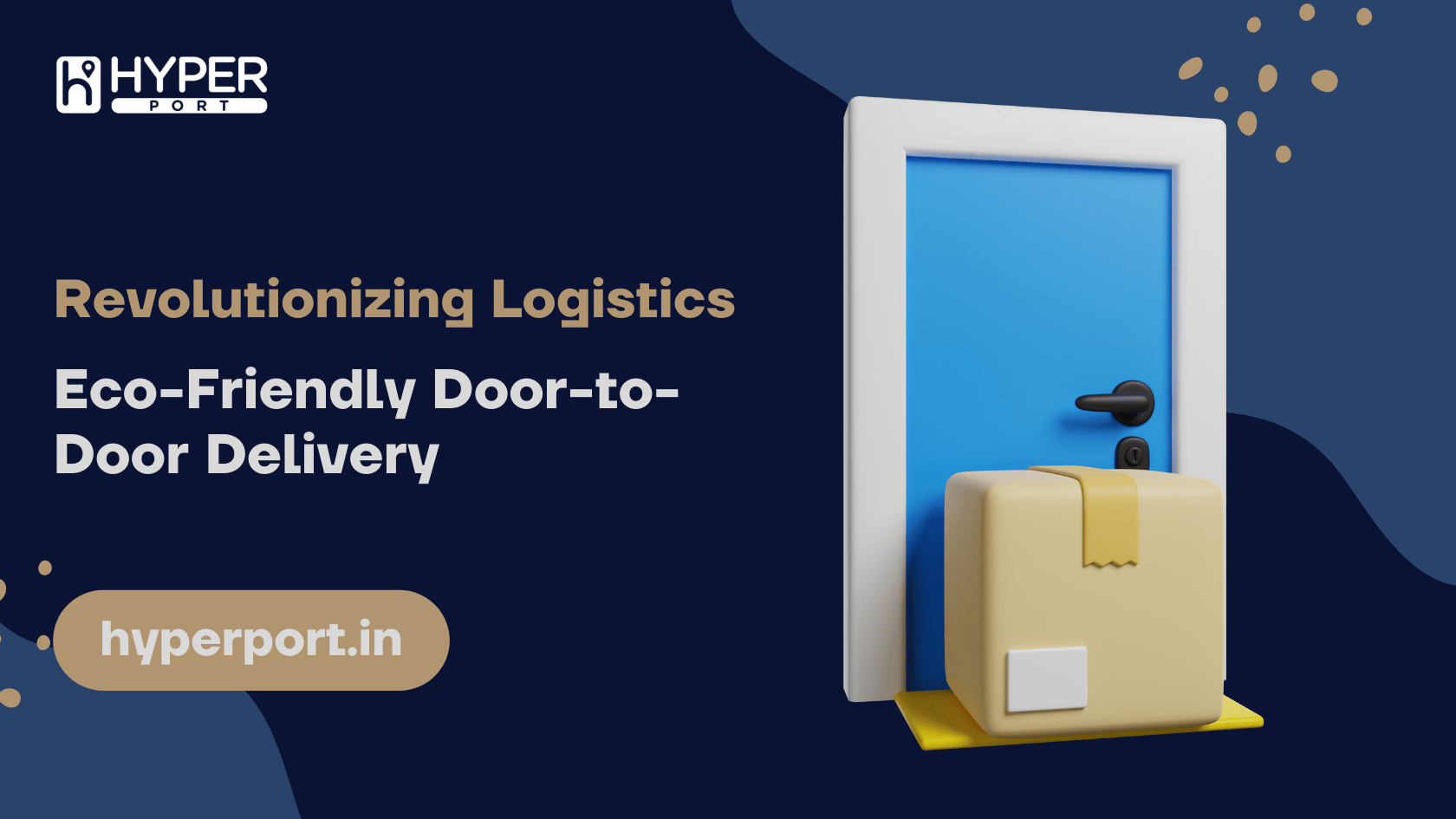Effective goods delivery services are now essential for customers and businesses alike. As the need for delivery options that are more dependable, quick, and reasonably priced increases! Artificial intelligence (AI) has come to be seen as a revolutionary idea. Bangalore-based businesses are changing by incorporating AI into several phases of the delivery process. primarily concentrating on the management, tracking, and transportation of products.
This blog examines the main ways artificial intelligence is affecting Bangalore’s product delivery services. From improving customer service to streamlining delivery routes and timetables. We’ll also look at a few success examples that demonstrate the practical advantages of AI-powered solutions.
How AI is Improving Delivery Schedules and Routes
Ensuring timely deliveries is the fundamental challenge faced by any delivery business. The process minimizes operating expenses. In a metropolis like Bangalore, factors like traffic jams, erratic weather patterns, and shifting consumer demand make logistical operations more difficult. AI fills the gap left by traditional delivery planning approaches’ inability to manage these factors in an efficient manner.
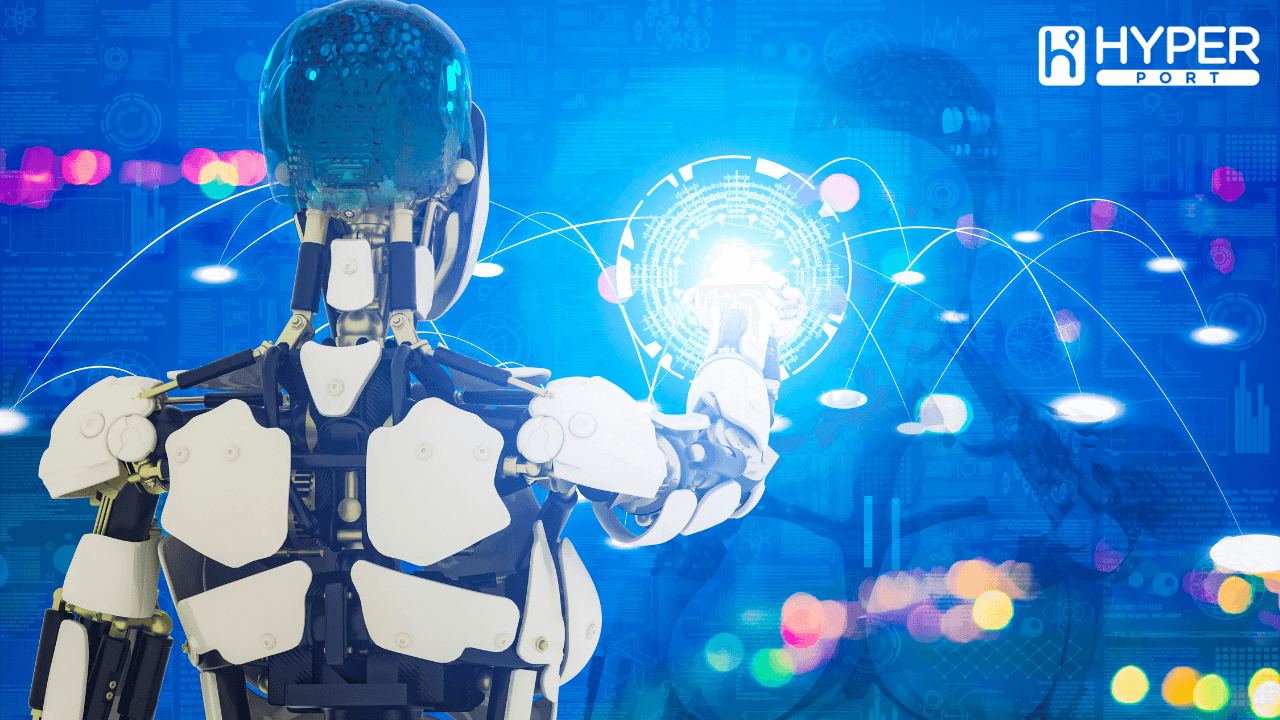
-
AI-Based Route Optimization
One of the most significant applications of AI in goods delivery services is optimizing delivery routes. Using machine learning algorithms and real-time data, AI-powered systems can analyze multiple factors, such as:
- Traffic patterns: Using real-time updates and historical data, artificial intelligence (AI) can forecast traffic conditions and recommend the optimal path for delivery drivers.
- Weather: AI can take weather into account to make sure delivery trucks don’t get stuck in storms or severe rain, which are common in Bangalore during the monsoon season.
- Vehicle capacity: AI is able to determine the best vehicle for a delivery by examining the quantity and kind of products being transported. This ensures that the vehicle’s capacity is fully utilized.
These intelligent systems continually update routes throughout the day, adapting to changes in traffic or delivery requests. The result is faster deliveries, reduced fuel consumption, and an overall improvement in logistics efficiency.
-
Predictive Delivery Scheduling
Delivery scheduling is another area where AI is having an impact. Conventional scheduling techniques frequently lead to bottlenecks, with an excessive number of orders piled up during specific hours of the day. Artificial intelligence systems are able to forecast delivery peak times and plan deliveries to distribute workload evenly throughout the day.
Deliveries to central Bangalore, for instance, might be scheduled for the morning, when traffic is lighter, by an AI-driven scheduling system, which would recognize that the area often sees more traffic in the afternoon. In order to shorten delivery times and boost customer satisfaction, it can also advise when delivery resources should be moved to locations with less traffic or demand.
AI-Driven Customer Service and Support
AI is improving customer-facing operations as well as the backend of products delivery services. Artificial intelligence (AI)-driven chatbots, virtual assistants, and machine learning models are being used by delivery businesses to improve customer service and meet customer expectations more quickly and effectively.
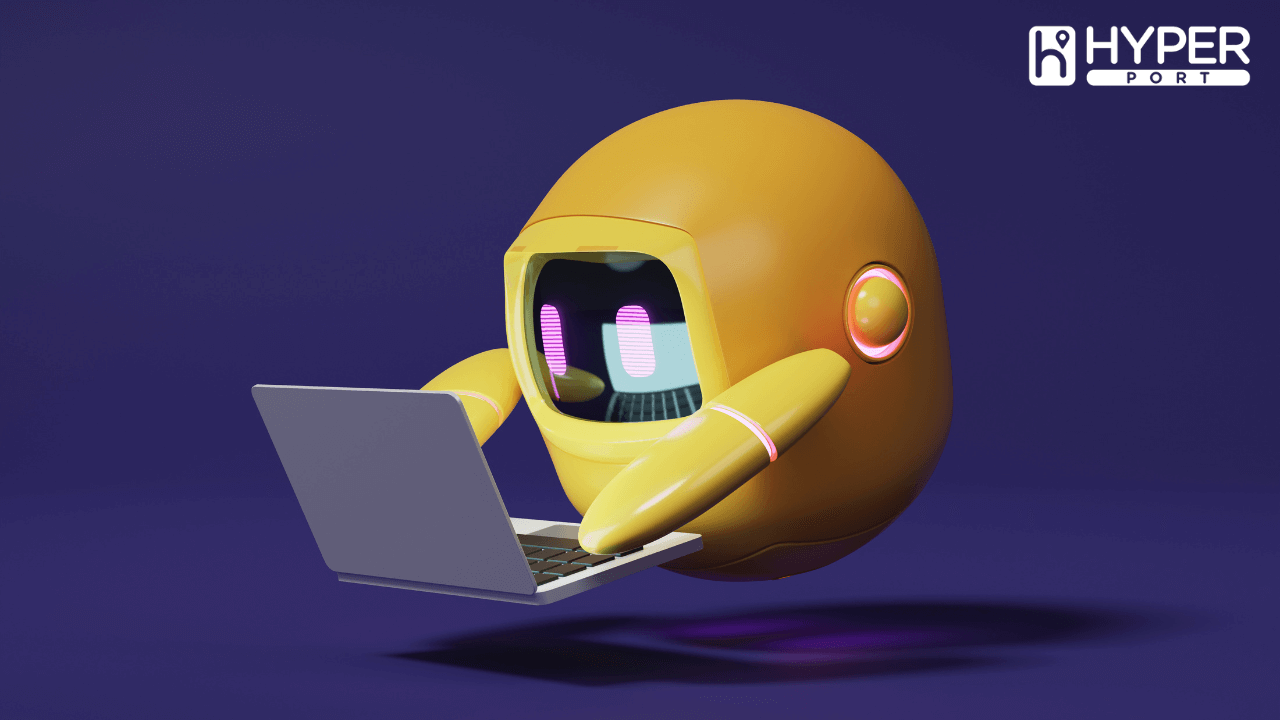
-
AI-Powered Chatbots for Customer Inquiries
Customer service is one of the areas where AI is most evidently used in product delivery services. The majority of product delivery apps now include AI chatbots as a crucial component that offers 24/7 customer service. These bots can respond to commonly asked questions (FAQs) about delivery timetables, tracking details, and payment-related issues.
Artificial intelligence (AI)–powered chatbots provide immediate responses, in contrast to conventional customer support models that require a consumer to wait for a human person. Additionally, these chatbots can learn from previous exchanges, which will gradually increase the accuracy of their responses. Artificial intelligence (AI) can anticipate possible problems, such a delayed delivery, and proactively inform clients about the delay along with remedies like rescheduling by studying user behavior.
-
Personalized Customer Experiences
AI helps in tailoring services to individual customer preferences. It offers a personalized experience. Based on past purchases, search history, and feedback, AI systems can make recommendations for delivery options. Also, provide insights into product availability. For example, a regular user of a goods delivery app might get notifications about discounts or special offers on items they frequently purchase.
Moreover, AI’s ability to analyze customer data allows companies to better understand user needs, anticipate demand, and manage inventories accordingly. This results in not only faster deliveries but also a higher level of customer satisfaction.
-
AI in Customer Feedback Management
Handling customer feedback is an essential part. It is to improve delivery services. AI tools can analyze feedback in real time, identify recurring issues, and flag areas for improvement. Natural Language Processing (NLP) enables AI to understand things. Such as the sentiment behind customer reviews, helping businesses make data-driven decisions on how to enhance their services.
Conclusion
The integration of AI in goods delivery services in Bangalore is transforming the industry. By optimizing routes and schedules and improving customer support. It enables personalized services. AI helps companies meet growing consumer demands efficiently. AI technology continues to evolve. Thus, we can expect even greater innovations in how goods are delivered in the city, benefiting both businesses and consumers.


